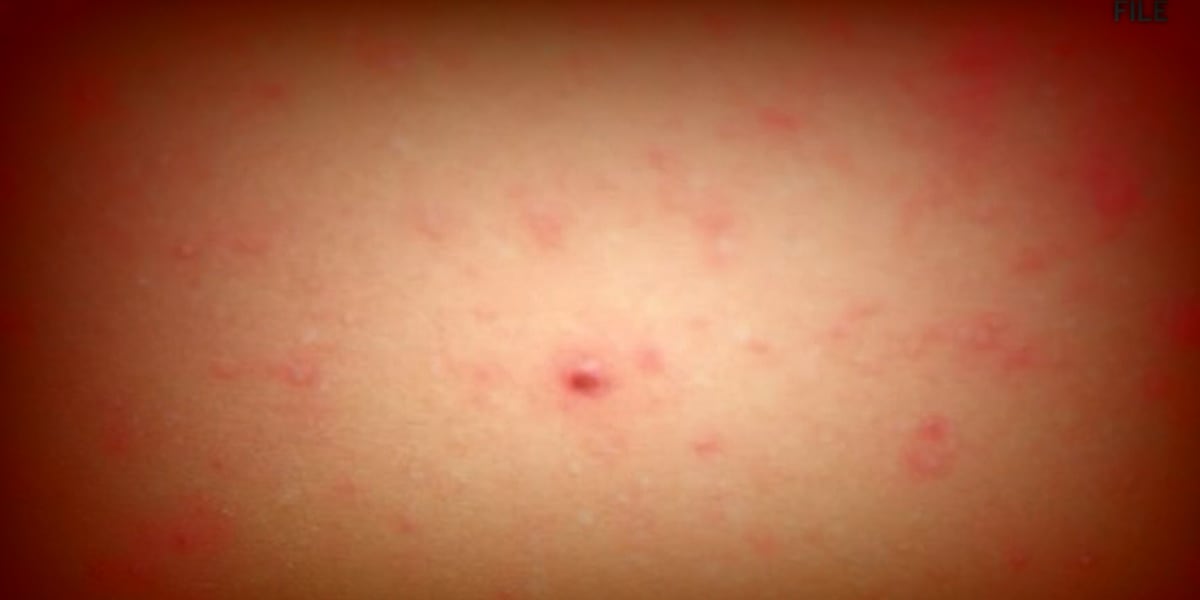Measles Case Confirmed in South Carolina: What You Need to Know

The South Carolina Department of Public Health (DPH) has confirmed the first case of measles in the state since last September, raising concerns about potential community spread. This news serves as a vital reminder of the importance of vaccination and prompt medical attention if symptoms arise.
What is Measles?
Measles is a highly contagious viral disease that can cause serious complications, particularly in young children and individuals with weakened immune systems. It spreads easily through the air when an infected person coughs or sneezes. Symptoms typically appear 10-14 days after exposure and include:
- High fever
- Cough
- Runny nose
- Red, watery eyes
- A characteristic rash that starts on the face and spreads to the rest of the body
Why is this Case Significant?
The confirmation of this case is a signal that measles, despite being preventable through vaccination, remains a threat. While South Carolina has made significant progress in measles elimination, imported cases – brought in by travellers who are not vaccinated – can still lead to outbreaks. The last confirmed case before this one was in September, indicating a potential gap in immunity within certain populations.
Who is at Risk?
Individuals who are not vaccinated against measles are at the highest risk of contracting the disease. This includes:
- Infants too young to be fully vaccinated
- Individuals with medical conditions that prevent them from being vaccinated
- Those who choose not to be vaccinated
People who are not immune to measles should avoid contact with infected individuals.
Protecting Yourself and Your Community
The DPH strongly urges everyone to ensure they are vaccinated against measles. The MMR (measles, mumps, and rubella) vaccine is safe and highly effective. Here's what you can do:
- Check your vaccination records: If you are unsure of your vaccination status, contact your healthcare provider.
- Get vaccinated: If you are not vaccinated or unsure, schedule an appointment with your doctor or visit a local clinic.
- Report symptoms: If you suspect you have measles, contact your healthcare provider immediately and inform them of your suspicion. This will help prevent further spread.
- Isolate: If you are diagnosed with measles, isolate yourself from others to prevent transmission.
DPH Resources
The South Carolina Department of Public Health provides valuable information and resources on measles prevention and control. Visit their website at [Insert SCDHEC Website Link Here] for more details.
This measles case serves as a crucial reminder to prioritize vaccination and remain vigilant in protecting public health. By taking proactive steps, we can minimize the risk of outbreaks and ensure the well-being of our communities.





